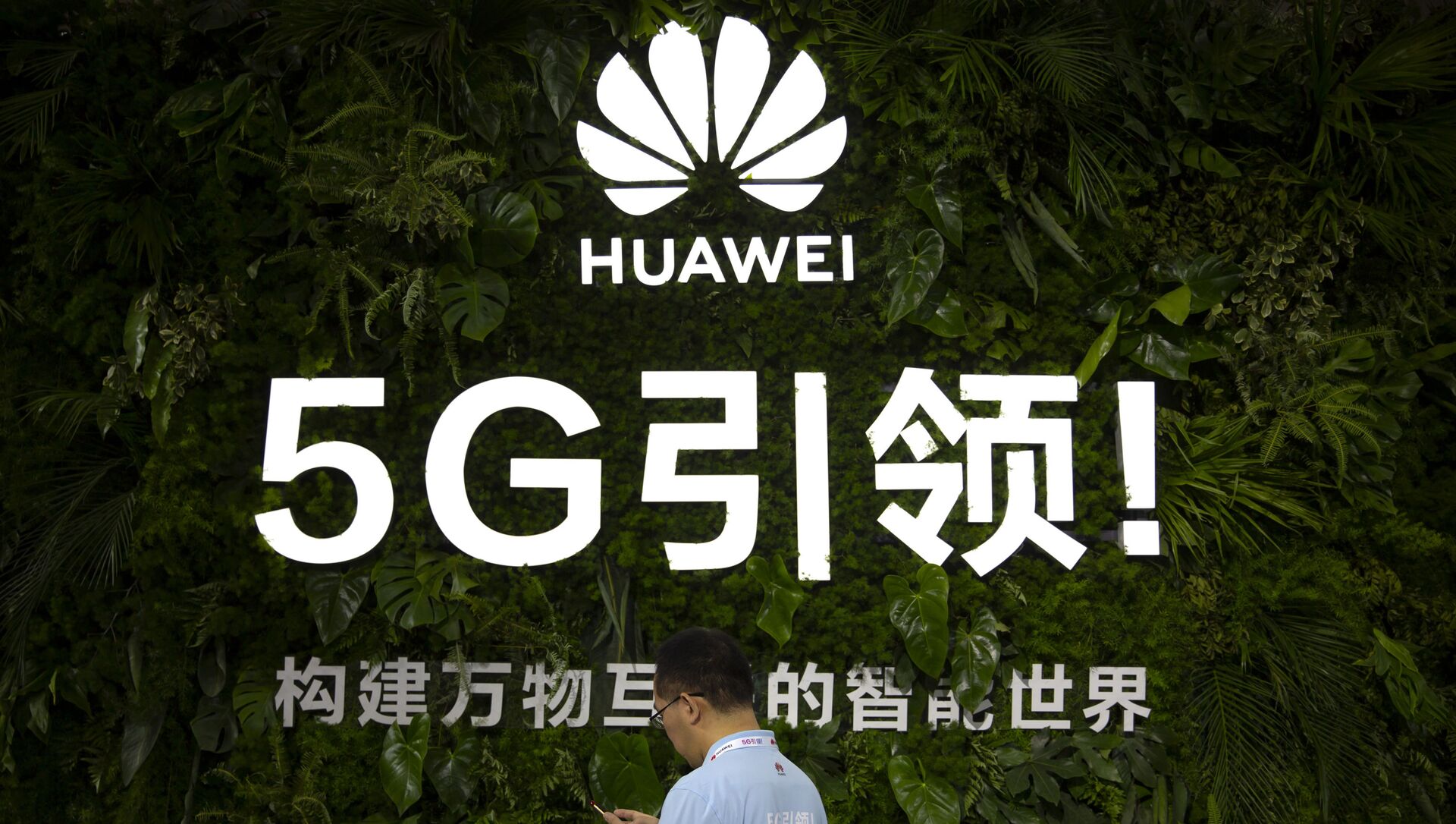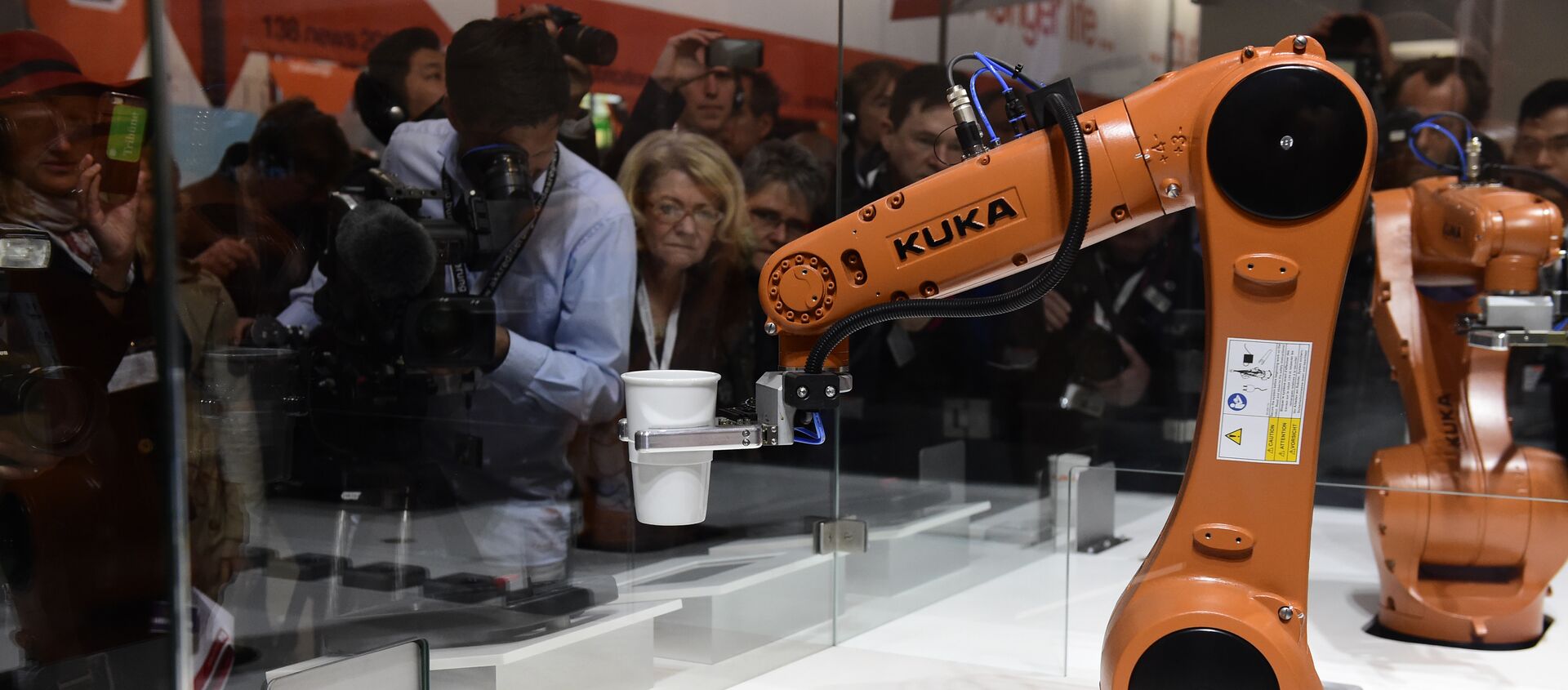The Chinese Foreign Ministry has lashed out against Washington over its reported decision to further squeeze US firms doing business with Huawei, warning that the move could lead to severe global knock-on effects.
“[The restrictions] will severely disrupt the technological exchanges and trade exchanges of the two countries and the world at large, it will undermine the global industrial chains and supply chains,” Foreign Ministry Spokesman Zhao Lijian said, speaking to reporters in Beijing on Friday.
“The US should stop the suppression on Chinese companies immediately and treat Chinese companies in a fair, just and nondiscriminatory manner,” Zhao urged, adding that Washington’s latest reported moves demonstrate that America “isn’t a reliable country that is to be trusted.”
In late 2020, President Trump signed an executive order prohibiting US companies and individuals from owning shares in Huawei and other Chinese corporations said to have links with the Chinese military. In January, the White House completely revoked licenses to Huawei suppliers including Intel. US Semiconducter manufacturers have sought additional time to appeal Trump’s sales block, reportedly without success.
Last month, hopes for a thaw in China-US tech trade tensions tanked after a senior US official told Reuters that instead of dropping Trump-era restrictions, the Biden team was looking to add “new targeted restrictions on certain sensitive technology exports to China,” in part to prevent the supply of “highly sensitive technology that can advance China’s military capabilities.”
Huawei CEO Ren Zhengfei has nevertheless appealed to Biden to adopt a more open policy to Chinese firms, suggesting that doing so would benefit both American companies and the US economy in general.
Washington’s restrictions against Chinese tech companies have already had global knock-on effects, exacerbating the recent chip shortages affecting everything from computers and computer peripherals to car makers around the world. Last year, Trump placed restrictions on Semiconductor Manufacturing International, China’s largest semiconductor foundry, limiting its ability to purchase advanced chipmaking equipment and thus slowing deliveries of finished products to US and other customers.




